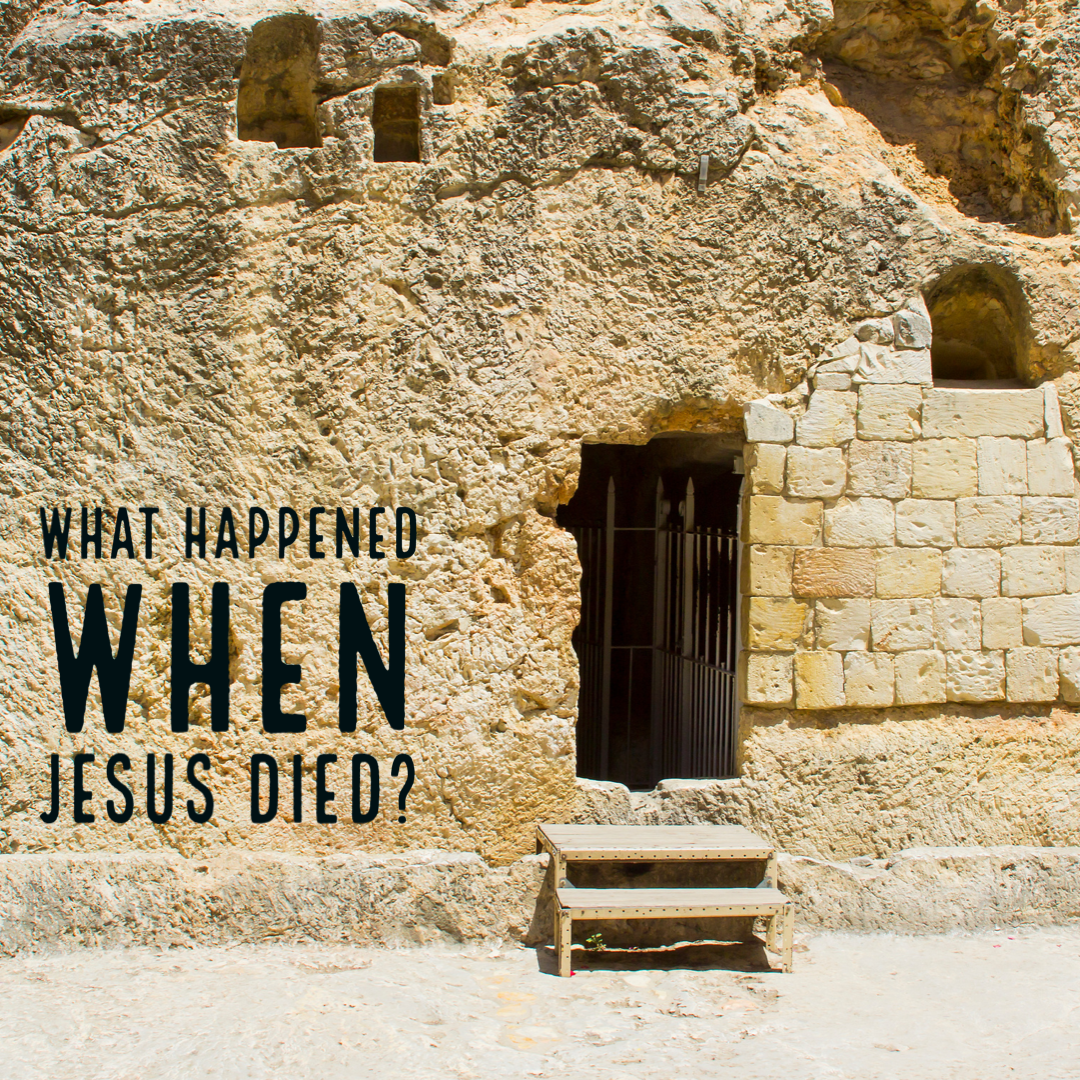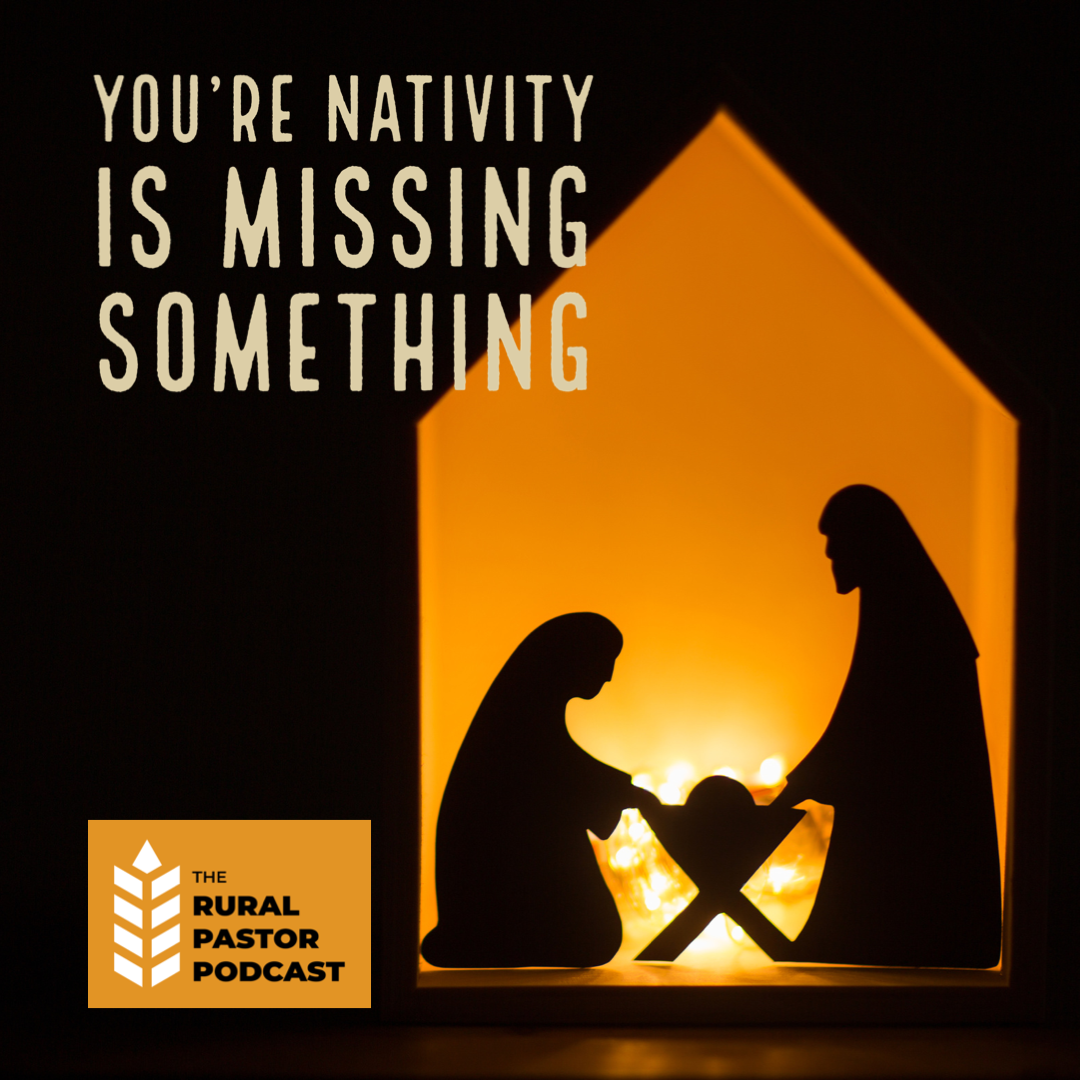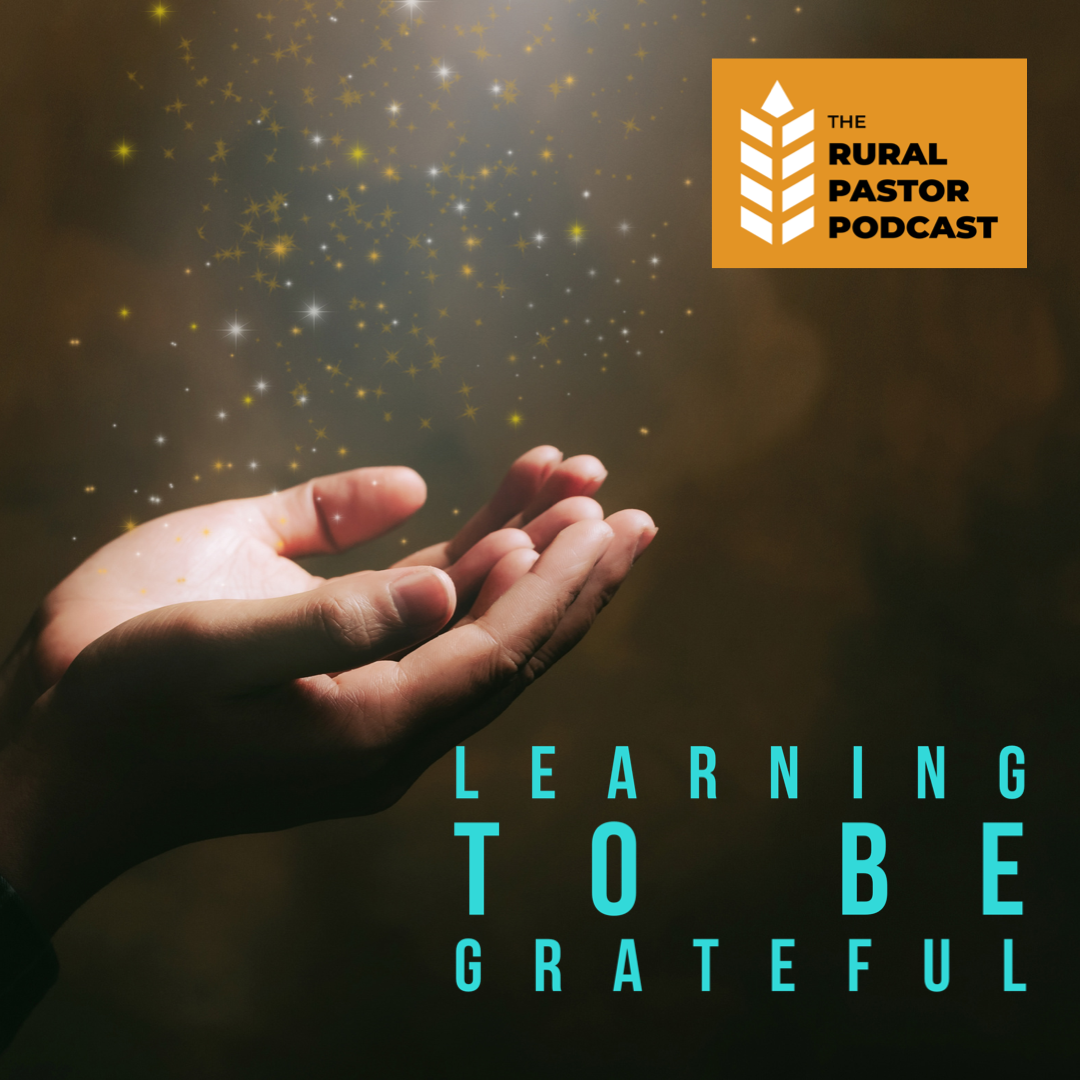This may be an awkward introduction, probably more for you than for me. I’m a Christmas ornament.
I’ve been around for years, and I bet if you love the holidays, I love them even more. I can make the case that I live for them.
A sweet couple brought me home from the store almost ten years ago. I don’t know what they wrote on my back, but if I understood the conversation, it was the date and something about their first Christmas.
WHAT A PRIVILEGE!
All ornaments want to be associated with a special memory, but being a “first Christmas” is the big show. The future is not usually so holly jolly for cheap ornaments like me made of wood, painted red with some glitter and glue on white stuffing, donning the shape of a single letter in the alphabet.
That is unless some young couple with little to their name picks you as their first ornament together. Looking back over the years, I can’t believe how fortunate I was to be picked up from that bin and brought home to be cherished.
The little tree from almost a decade ago was not much to look at. It was more of a Christmas bush plucked from a vacant lot, but I was placed front and center to witness the first Christmas together.
It was a sweet, sparse, and held together with hope and love kind of Christmas. I was hanging over their shoulders when they picked their favorite Christmas movies. Around the house was garland, a nativity, stockings, and lights everywhere. I loved watching them try to fix Christmas goodies and kept their secrets when they slid a couple of meager gifts for each other under the tree that year.
It was a fantastic first Christmas for all of us, but as Christmas Eve drew near, I dared to hope. There was only one thing better than being a cherished “first Christmas” ornament, and that was to see Him arrive.
Christmas tree ornaments are perfectly positioned to capture the moment. We are always there, we never sleep, and hang out until everything is said and done.
But, Christmas Eve, Morning, and Day all passed, and I did not see Him…
Yet, there should be no sadness for me. What a beautiful first Christmas!
And, even as the tinsel and lights were being taken down and a suitable protective box was found for my storage, I rested in the blessing that I would see my family next year as a reminder of their first Christmas with me.
__________________
The time in storage flew by that year, but it still felt like we were starting a little later. I confirmed the late start as I overheard their conversation about the move and how the new jobs kept them busy.
It was true. Everything was different and they were busy. Our home had changed and peering through the window you could see we were high above some city in a small but modern apartment. Yet, there in the corner of this new place was a tree, a big one. Sure, it was artificial, but things were looking up, and the days of hanging on some small bush were over.
There was great pomp and circumstance when they opened my box as they reminisced about their second year together. Then came out the garland, lights, nativity, and stockings. It was another great year.
I was introduced to their second-year Christmas ornament (nice guy, a little too much glitter for me, but to each his own).
They placed me in the center, high up on the tree in the position of honor.
Let the holidays begin!
It was festive and fun but so rushed. Most of the activities we did from our tiny home last year happened in other places at other times.
But there were more presents this year. Lots more! Their new jobs seemed promising, but they kept them busy, busy, busy.
They spent most nights away and often when they were at home they were without each other.
Watching favorite Christmas movies without the other made the stories less sweet and the humor less joyful.
But a beautiful longing was felt and relieved whenever they were both together. The conversation was always about the future and how things would be better and easier someday.
The moments spent together were sweet. But, a weariness loomed over the season and this home.
I began to hope again that He would come this year. He would have just the right gift, word, and plan.
But, Christmas Eve, Morning, and Day all passed, and I did not see Him…
As the season ended this year, there seemed a little less joy than our first year. It was probably because she took down the decorations and boxed me up alone. Work had called him in again.
But, as the storage bins were put away, I held to hope that the Christmas Spirit would return in full force. Things would be as they could and should be next year.
__________________
It seemed a short night before we were all unboxed for our third Christmas, but my expectancy was immediately dulled by the atmosphere of the home.
It was the same apartment, but this year, the counters were crowded; every corner contained stacks of stuff, and it looked like they were bursting at the seams. It did not take long to recognize that the clutter of their living room was only to be matched by the clutter of their minds and hearts!
Decorating for this holiday was far from the joy experienced in earlier years. They were going through the motions, decorating as a task instead of a celebration. It was hard to understand what had changed since there was no conversation, just two people opening boxes and putting things in their places.
The third-anniversary ornament, or we all at least assume that’s who he was, was placed in line with number two and me, but nothing was written upon him. When the decorating was done, there was no hot chocolate or stepping back to admire the work that had been done.
She had already left a few minutes before He had finished placing the garland and the nativity on the counter. And as soon as he finished, he grabbed his keys and was off.
That season was so different. There were no Christmas movies and evenings in the kitchen making holiday treats.
A couple of conversations about bills and schedules were heard from the kitchen table. And, more than a couple of times, raised voices filled the home with tension.
Slammed bedroom doors replaced the previous year’s holiday music soundtrack. There was no doubt that this young couple was hurting. But what could we do?
That’s when I was overcome with hope. I remember thinking to myself, surely this will be the year He comes. They need Him now more than ever!
But, Christmas Eve, Morning, and Day all passed, and I did not see Him…
It was well into the new year before the storage boxes emerged. We had never remained out so long, but when the day did come to hide away, we came down as we went up in silence.
My little wooden heart would have creaked if you listened closely when she put me away that year. She gripped me with both hands and paused, resting me upon her knee.
As she stared down at me and I stared back, I felt a tear fall from her face and did not know what to think.
__________________
As the day approached for our fourth Christmas, I hoped this year would be different. And it was.
It was already late into the holiday season when our storage boxes emerged. Make that storage box.
I could see that only one box of Christmas decorations had been opened in the apartment, and that matched the number of people there to do the decorating.
Where was he?
She was slow and methodical, with no hint of Christmas joy on her face. Although the tree was up, there was no sign of garland, lights, stockings, or nativity. And, the tree itself seemed bare.
My fellow anniversary ornaments and I were placed on the tree with no other decorations. Looking back at the storage box on the kitchen table, it was evident that our handfuls of ornaments were the only ones coming out this year.
As the first evening stretched on and on, there were no movies, cookies, or stockings at all. But there was a phone call.
I watched as she contemplated whether to answer and after several rings, she replied with a sterile, “Hello.”
It was hard to tell at first, but as she paced closer and closer to the tree, the caller’s voice could be heard. It was him! Yes, our happy couple could be together again.
However, expectations quickly diminished as the conversation escalated into an argument. The roles and words seemed well rehearsed and practiced as if the same conflict had been routine for the days and months since last Christmas.
Finally, she raised her voice with an exclamation of, “Fine!” Dramatically, she punched the button to end the call and then collapsed on the edge of the couch. Looking up at her Christmas tree and anniversary ornaments, she burst into tears and curled up like a throw pillow, where she spent the rest of the evening.
And that was how most of the holiday season went that year. It was dark, complex, and not at all joyful as it should be.
I remember thinking that this must be the year that He comes. They need His joy, His hope, and His Christmas miracle. If He doesn’t come, how could there be any Christmas?
But, Christmas Eve, Morning, and Day all passed, and I did not see Him…
The ornaments were put away and the tree was removed soon after Christmas. It was the first year I remember I was glad to be taken down.
__________________
The following year is hard to recall. I wonder if we were ever came out of storage that year.
Whatever was happening in that home, they skipped Christmas.
I knew that there might never have been another Christmas if He would not come.
__________________
During our sixth Christmas, I was almost sure we would miss it all again. It was Christmas Eve, and the storage boxes had not been touched, but early that morning, the closet door burst open, and a frenzy of activity began!
The other ornaments and I were unpacked even before the Christmas tree. She appeared slightly embarrassed at herself for going out of order but quickly remedied that by setting the tree up with haste.
Holiday carols were playing in the background, and there was a smile on her face that I hadn’t seen in years! I was so excited to feel the hope in this little apartment that I almost missed that he wasn’t there.
It was as if things were like they used to be, but she was alone?
The house was nearly decorated; the nativity was in place, the garland was strung, lights were everywhere, and stockings were upon the wall, just not with the precision of previous years. But everything was in place nonetheless.
Then a knock on the door.
She sprinted towards the apartment door, slowing herself the final couple of steps. Watching her anxiously adjust her hair and smooth out her skirt before she opened the door was exciting.
It was him, her other half! We had only heard his voice for the last couple of years, but he was home. An awkwardness in the doorway led to an invitation to the living room, where they both sat on the couch and held each other’s hands.
The conversation was long, teary, and intense. But the words that kept escaping to those of us eavesdropping from the tree were hope, healing, love, and trying again.
I then noticed he had brought something with him; it was a gift sitting on the coffee table, yet to be unwrapped. He insisted that she open it now.
As she did, we all watched her eyes well up with tears. Before it was completely unwrapped, she reached her arms around him in a deep embrace, and they both cried.
This gift must have represented something like a missing piece that had finally been discovered.
I don’t know what happened in the last two years since the sad Christmas that led to no Christmas which turned into this Christmas, but when they finished their embrace, they gripped one another’s hands again, they bowed their heads and closed their eyes. Sitting on her lap was the half-opened gift of a book with a red ribbon sewn into its leather cover as a bookmark.
Just then, we all noticed something the young couple could never have seen with their heads bowed, and eyes closed in prayer: a faint sparkle from the manger scene in the nativity across the room.
That’s when I knew it had finally happened. He had come!
He hadn’t come on Christmas Eve, Christmas morning, or Christmas Day, but at some point in the last two years, He had come to them to heal their hearts, bind up their wounds, and draw them back together.
He was not the one who came to give gifts; He was the Gift. This was His day, but once again, He had come not to be served but to serve.
He had come and made all the difference in the world.
__________________
That is the Christmas everything changed. Each year things were different, but always better, stronger, more loving, and kind as they both became more and more like Him. Sometimes, there were presents, and sometimes, there were only prayers. But there was always love. And just last Christmas, there was great joy as the happy couple turned into three!
The branches of our family Christmas tree are getting heavier and heavier with all the anniversary ornaments, and I am getting older every year. They’ve had to “touch me up” with red paint and add a little more white stuffing with hot glue, but it’s always a joy because each year, I get to be a part of this happy, growing family at Christmas.
And Christmas, this year and every year, is sweeter still because He has come.
“Go, tell it on the mountain
Over the hills and everywhere
Go, tell it on the mountain
That Jesus Christ is born.”









